7:00AM to 5:00PM
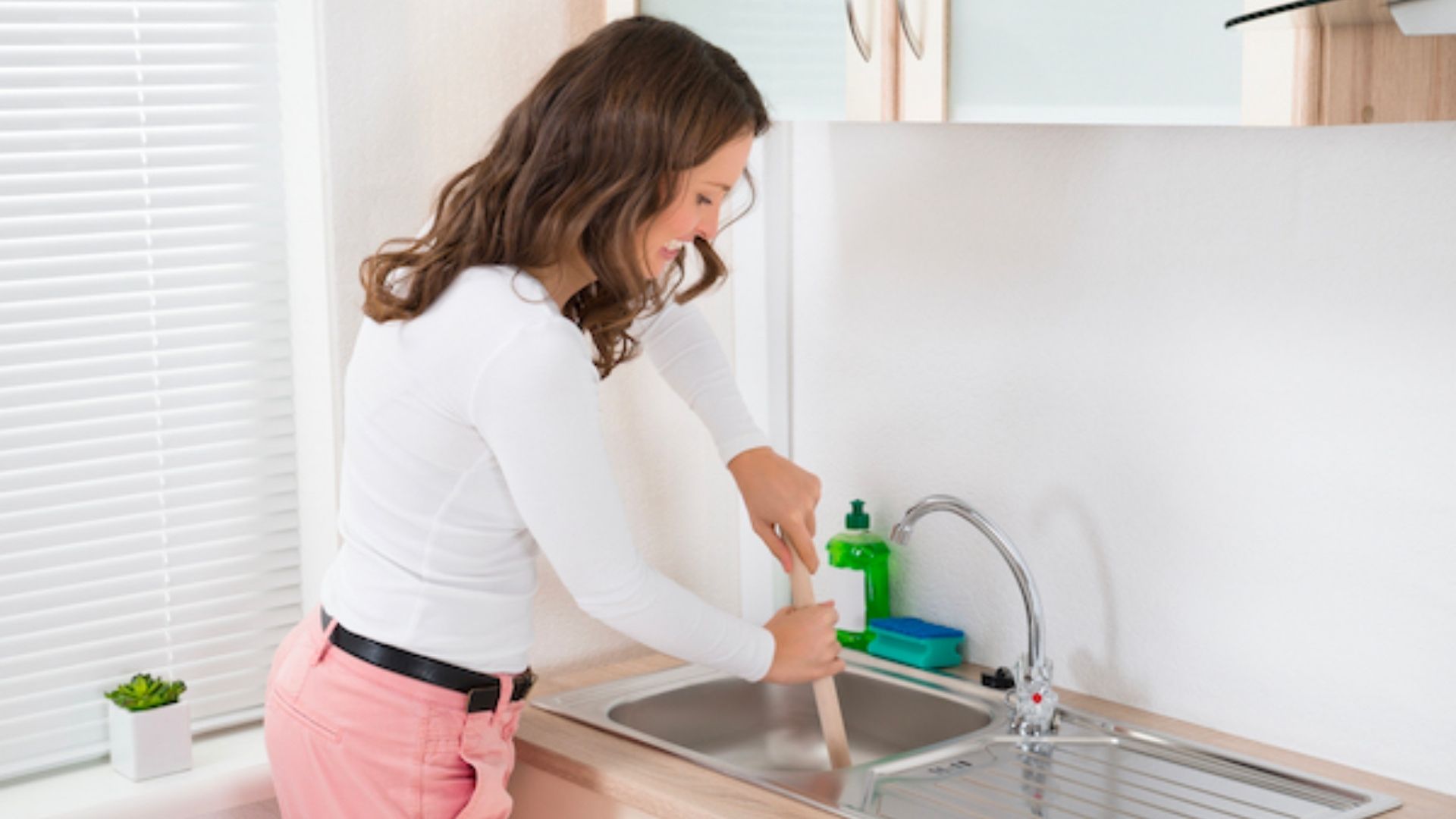
Few things are as vital to the comfort and functionality of our homes as a well-maintained plumbing system. Yet, all too often, we face unexpected and costly plumbing emergencies that disrupt our daily lives. Plumbing issues can be a homeowner’s worst nightmare, whether a burst pipe flooding your basement, a stubbornly clogged drain, or a malfunctioning water heater on a freezing winter morning.
But fear not! This comprehensive guide is here to help you navigate the treacherous waters of plumbing problems. We’ll equip you with the knowledge and strategies to avoid the most common plumbing emergencies, ensuring your home remains a haven of convenience and comfort. Say goodbye to those plumbing woes and hello to a hassle-free home—let’s get started!
Professional plumbing services can be a lifesaver when a plumbing emergency strikes. Whether you’re dealing with a clogged toilet or any other plumbing issue, experienced professional plumbers have the expertise and tools to diagnose and resolve the problem quickly, minimising the disruption to your home.
By partnering with professional plumbing services, you can rest assured that your home’s plumbing system will be in good hands, allowing you to focus on enjoying the comfort and functionality of your living space without the stress of plumbing emergencies.
Plumbing problems can be a homeowner’s worst nightmare, but a basic understanding of common issues can help you tackle them confidently. Leaky faucets are a prevalent annoyance that often results from worn-out washers or seals, leading to wasted water and higher bills.
Clogged drains can disrupt daily life, with hair, soap scum, and debris often being the culprits. Toilet troubles, such as running toilets or constant clogs, can be due to faulty flappers or blocked pipes.
Low water pressure may indicate sediment build-up in pipes, while noisy pipes can signal water hammer issues. Knowing these common plumbing woes allows you to take preventive measures, perform minor repairs, or seek professional help, ensuring your plumbing system runs smoothly and efficiently.
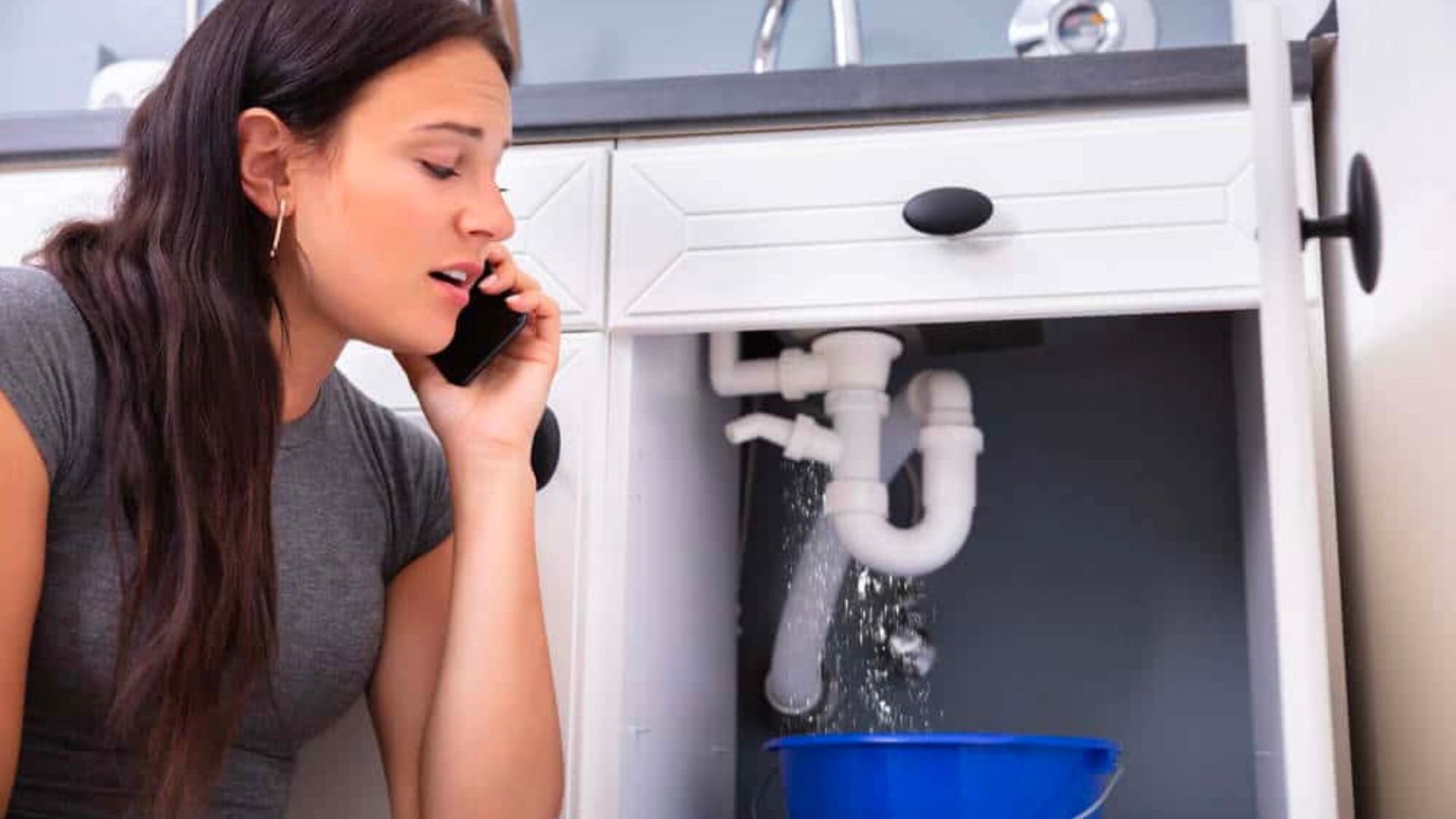
Clogged drains can be a major inconvenience in any household, but with a few simple steps, you can help prevent them and keep your plumbing flowing smoothly. Here are some tips to keep those drains clear:
Use Drain Screens: Install drain screens or strainers in your sinks, showers, and tubs to catch hair, soap scum, and debris before they go down the drain.
Dispose of Grease Properly: Do not pour cooking grease or oil down the drain. Instead, let it cool and solidify, then dispose of it in the trash.
Regularly Clean Drains: Periodically clean your drains using vinegar and baking soda. Pour this down the drain, let it sit for a while, and then flush with hot water to help remove build-up.
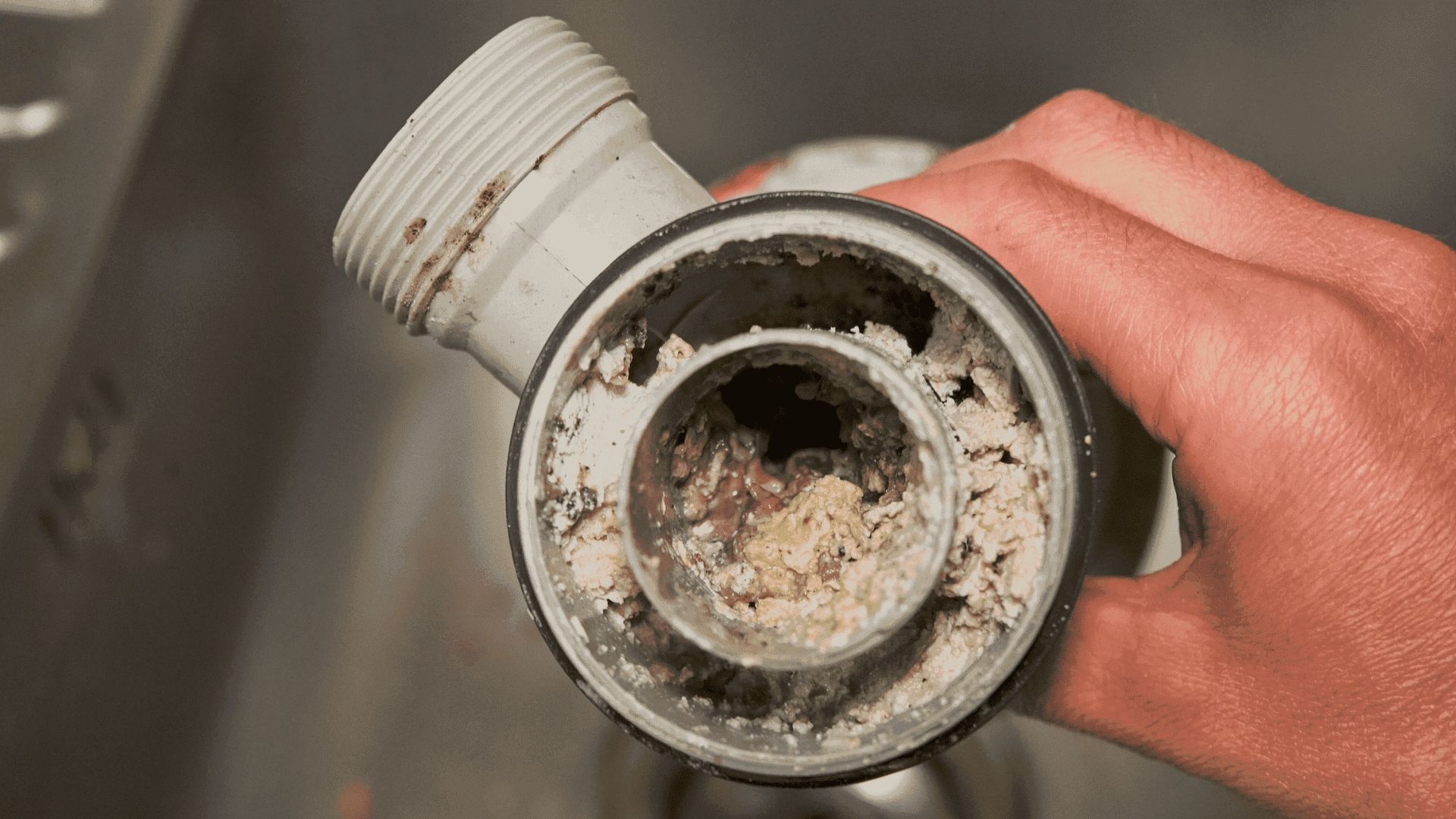
Watch What You Flush: Only flush toilet paper and waste down the toilet. Avoid flushing items like paper towels, feminine hygiene products, or disposable wipes, as they can easily clog pipes.
Be Mindful of Food Scraps: In the kitchen, use a sink strainer to catch food scraps, and scrape plates into the trash or compost bin before washing dishes.
Schedule Professional Inspections: Consider scheduling regular plumbing inspections to catch any potential issues before they become major clogs.
Educate Household Members: To prevent accidental clogs, teach everyone in your household what should and shouldn’t go down the drain.
Following these simple guidelines can help maintain clear and clog-free drains in your home, saving you time and money on plumbing repairs in the long run.
As winter approaches, it’s crucial to take proactive steps to prevent the nightmare of burst pipes in your home. Cold temperatures can cause water inside your pipes to freeze and expand, leading to costly and damaging ruptures.
Start by insulating exposed pipes in unheated areas like basements, crawlspaces, and attics. Disconnect and drain outdoor hoses and shut off exterior water sources. Ensure your home is well-heated, especially in areas where pipes are vulnerable.
Allow faucets to drip slowly during freezing nights to keep water moving. If you plan to be away, leave your thermostat at a reasonable temperature to prevent freezing. By taking these precautions, you can safeguard your plumbing system and avoid the headache of burst pipes during the winter months.
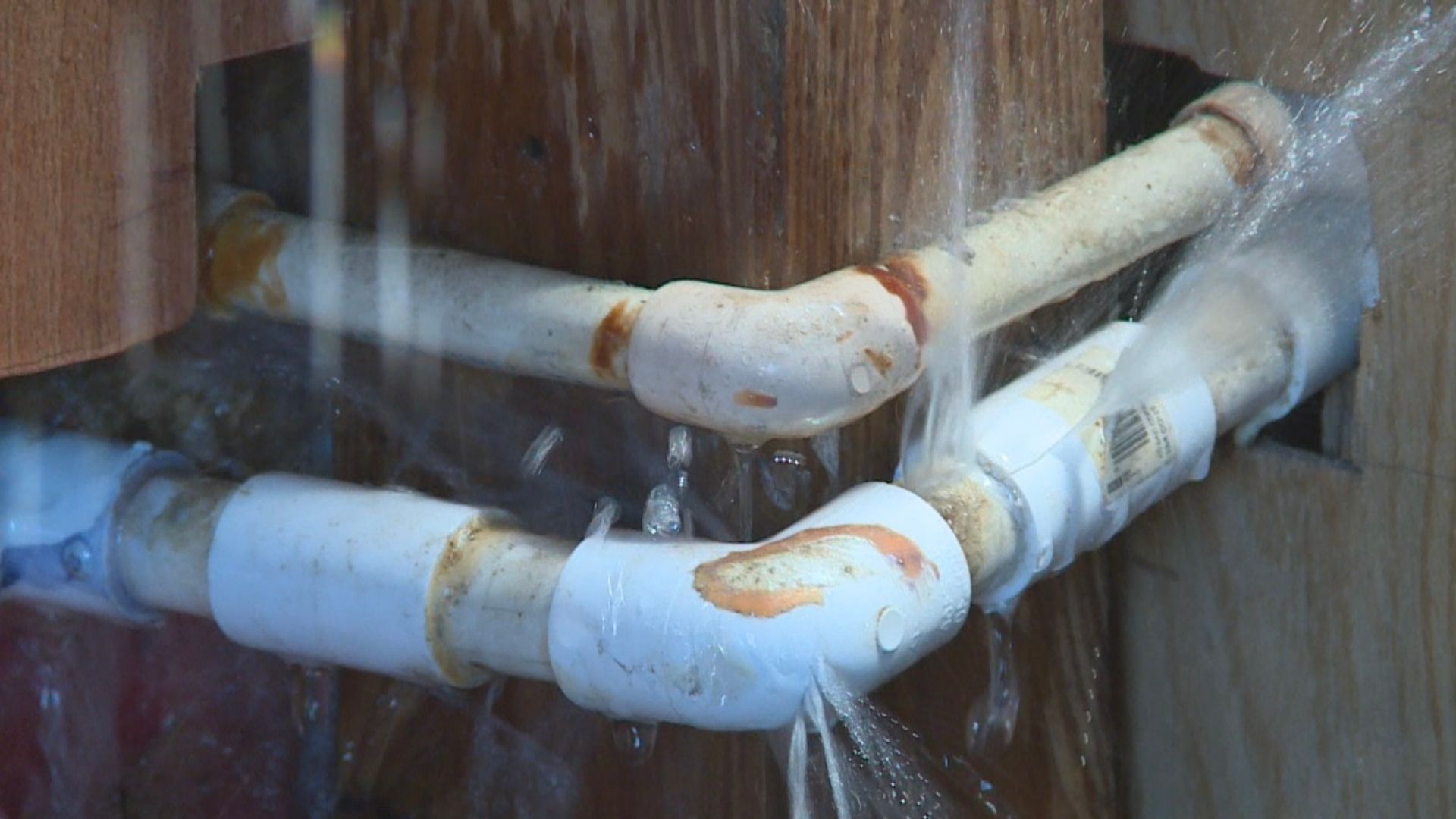
A well-maintained septic system is essential for properly disposing of wastewater in homes that are not connected to municipal sewer systems. Here are some critical tips to ensure your septic system stays in good working condition:
Regular Pumping: Schedule regular septic tank pumping every 3-5 years, depending on the household size and tank capacity. This prevents solids from accumulating and clogging the system.
Water Conservation: Be mindful of water usage. Repair any leaky faucets or toilets promptly, and consider installing low-flow fixtures to reduce water flow into the septic tank.
Septic-Friendly Products: Use septic-safe cleaning products and avoid pouring chemicals, oils, or non-biodegradable materials down the drains. These can disrupt the balance of beneficial bacteria in the tank.
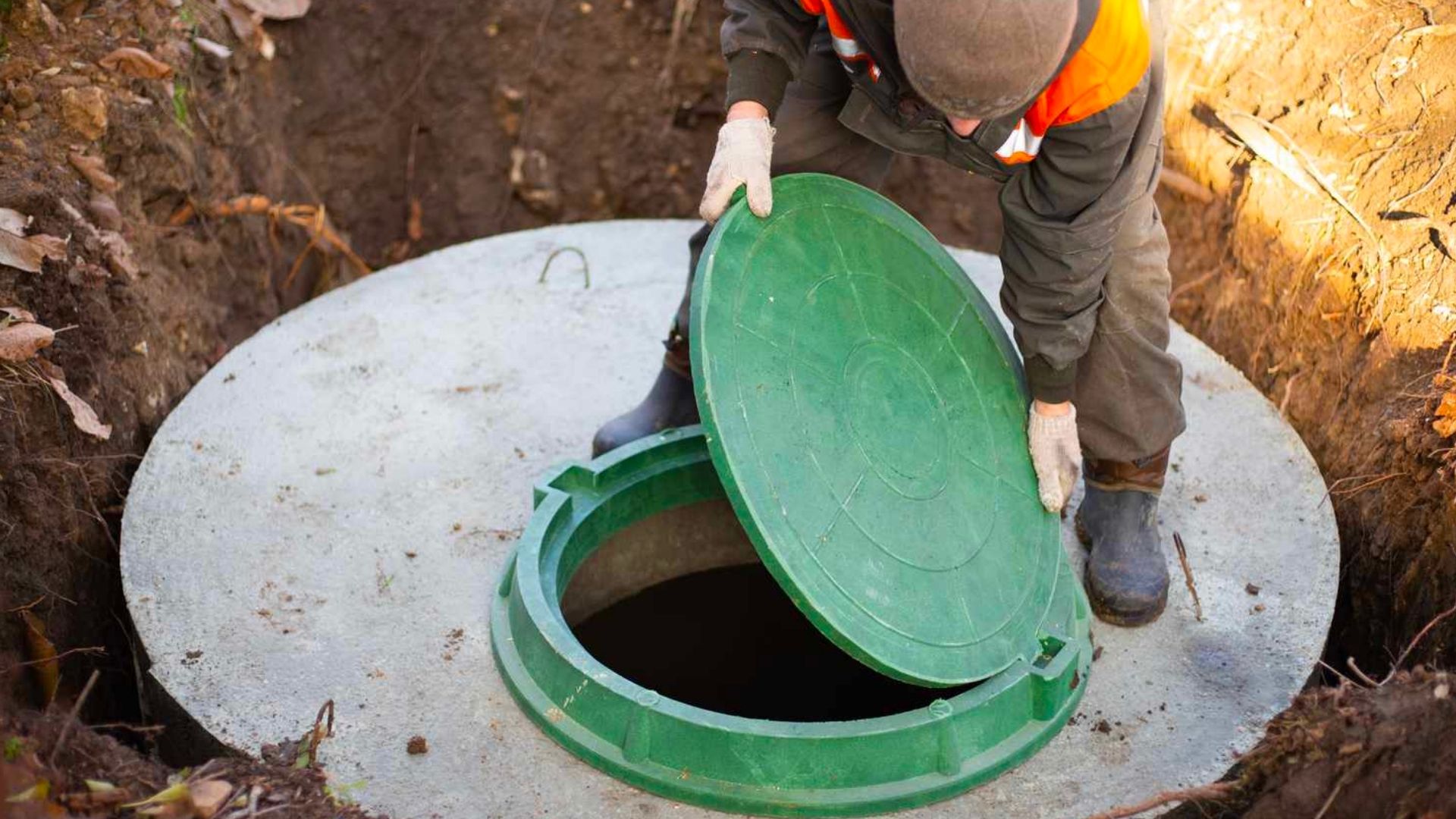
Proper Disposal: For household waste, like cooking grease and non-flushable items, dispose of it in the trash rather than down the drain or toilet.
Landscaping: Avoid planting trees or shrubs with invasive root systems near the septic system. Roots can damage the tank and distribution pipes.
Drain Field Care: Avoid parking vehicles or heavy equipment on the drain field, which can compact the soil and disrupt the wastewater absorption process.
Safeguard Against Flooding: Ensure the septic tank and drain field are located in an area that won’t flood during heavy rains, as excess water can overwhelm the system.
If left unchecked, bathroom leaks can lead to costly water damage and mould issues. Preventing leaks is good for your wallet and the environment. Periodically check for signs of leaks around faucets, showerheads, and toilet bases. Look for water stains, discolouration, or any visible moisture. Ensure that grout lines and caulk around tiles and fixtures are well-sealed to prevent water from seeping through and causing damage.
A dripping faucet can waste significant water over time. Repair or replace washers and seals promptly to stop leaks. If your toilet continually runs or you hear it refilling when not in use, the flapper may need replacement. A faulty flapper can lead to water wastage and leaks.
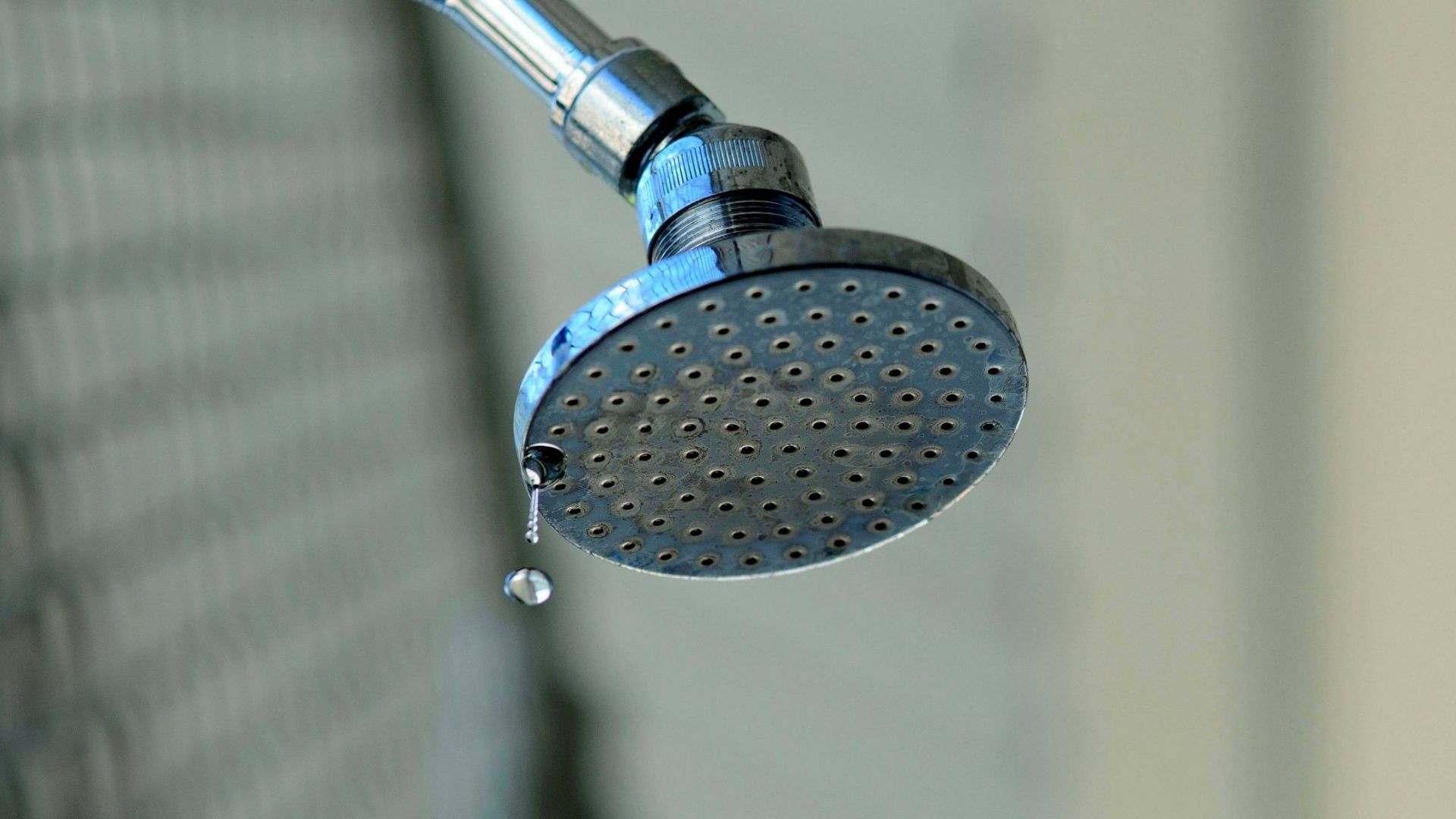
Check and tighten connections under sinks and around toilets to prevent slow, hidden leaks. Ensure your shower curtain liner is positioned correctly to keep water from escaping the shower area and onto the bathroom floor. Consider installing a water leak detector or smart water sensor to alert you to leaks in real time, helping you catch problems early.
Use exhaust fans or open windows during and after showers to reduce humidity and prevent moisture build-up, which can lead to mould and mildew.
By taking these precautions, you can minimise the risk of bathroom leaks, save on water bills, and maintain a dry and mould-free environment in your bathroom. Prevention is vital regarding bathroom leaks, so a little effort now can save you from major headaches down the road.
Proper toilet care is essential to prevent frustrating and unsanitary backups in your bathroom. First and foremost, avoid flushing anything other than toilet paper and human waste. Items like paper towels, baby wipes, and feminine hygiene products can clog pipes and lead to blockages.
Regularly inspect the flushing mechanism and promptly address issues, such as a weak flush or continuous running water. Slow drainage or gurgling sounds when flushing might indicate a developing clog.
In such cases, use a plunger or a plumbing snake to clear the obstruction. Lastly, routine professional inspections should be scheduled to catch potential problems before they escalate. Practising these toilet care habits allows you to maintain a trouble-free plumbing system and avoid messy backups.
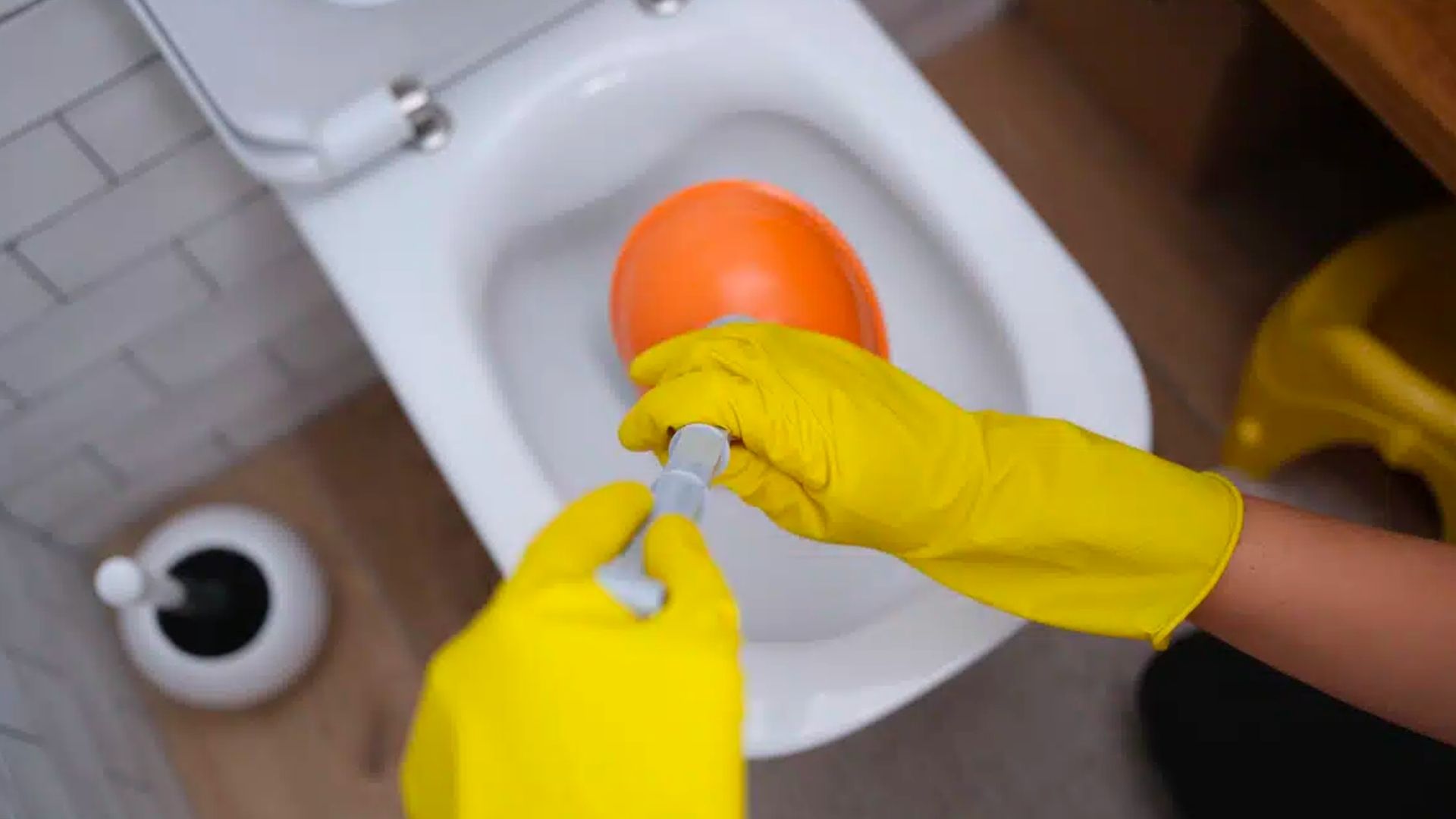
Maintaining a healthy plumbing system is crucial to prevent unexpected and costly repairs. A regular plumbing maintenance checklist can help you stay on top of potential issues and keep your plumbing in shape. Here’s how to make a practical checklist:
Regularly check for leaks in faucets, pipes, and fixtures. Even small drips can lead to significant water wastage and damage over time. Ensure that water pressure is within the recommended range. Low pressure could indicate clogs or other plumbing issues.
Keep drains clear by regularly removing hair, debris, and mineral build-up. Consider using drain screens or filters to prevent clogs. Inspect toilet tanks and bowls for leaks or running water. Replace faulty flappers or fill valves promptly.
Examine seals around sinks, toilets, and showers for signs of wear or gaps. Replace caulking as needed to prevent water seepage.
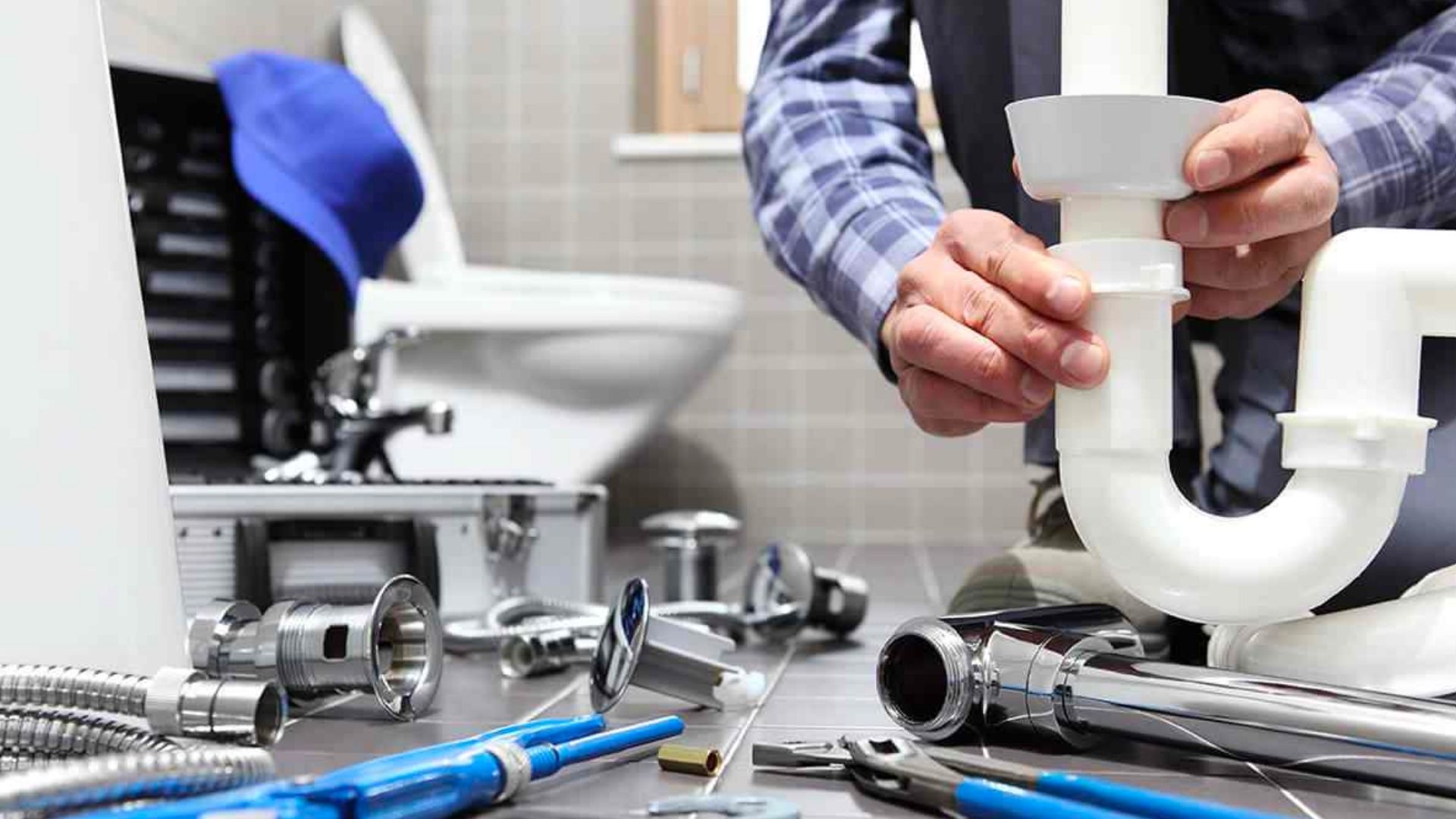
Periodically flush your water heater to remove sediment build-up, which can reduce its efficiency and lifespan. If you have a sump pump, test it regularly to ensure it’s functioning correctly, especially before the rainy season. Check washing machine hoses for signs of wear, bulging, or leaks. Replace them if needed to prevent flooding.
Inspect outdoor faucets, hoses, and irrigation systems for leaks or damage, especially before winter, to prevent freezing. Record maintenance tasks, repairs, and professional inspections to monitor the health of your plumbing system over time.
By creating and following a regular plumbing maintenance checklist, you can proactively address plumbing issues, save on water bills, and extend the life of your plumbing fixtures and systems. Preventive maintenance is an investment that pays off by avoiding costly emergency repairs and water damage.
In-home maintenance, an ounce of prevention is worth a pound of cure, and this holds especially true for your plumbing. By learning to avoid the most common plumbing emergencies, you’re not just saving yourself from the stress and inconvenience of unexpected problems – you’re also protecting your home and wallet.
Remember, though, that while these tips and tricks can go a long way in preventing plumbing mishaps, there may still come a time when you need professional assistance. That’s where Gold Coast Plumbing comes in. Our team of experienced plumbers is here to help you with any plumbing issue, big or small. Don’t hesitate to contact us for all your plumbing needs; we’ll ensure your home’s plumbing is in tip-top shape.
Thank you for joining us to safeguard your home’s plumbing. Here’s to a worry-free and smoothly-flowing future for your household!